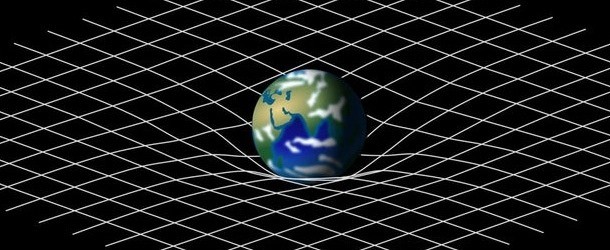Sensors: The Other Quantum Revolution

(ScienceBlog) Quantum sensors offer both unique sensitivity and accuracy are about to revolutionise detection in a number of fields.
Identifying every pipe and cavity beneath our cities, anticipating a volcanic eruption, or observing brain activity in the most minute detail, these are only some of the promises made by a new type of instrument with unprecedented sensitivity: quantum sensors. Of all the quantum technologies under development, they are among the most advanced, with some even emerging from the laboratory and reaching the market!
quantum sensors use the properties of quantum physics, the theory that describes phenomena on the atomic scale. Central to these devices are microscopic objects (photons, atoms, electrons, etc.) that physicists can now manipulate at will, and even place within a particular quantum state, which is itself extremely sensitive to the least disturbance in the environment. Quantum sensors are built on the very same principle, which explains their remarkable receptivity to tiny signals of various kinds, such as the gravitational attraction of an object beneath our feet, or the magnetic fields emitted by our brain.
Atom interferometers are the first quantum sensors to have harnessed this potential. These devices, which were initially developed for basic research and metrology. Such precision opens the way for numerous applications, as accurate measurement of gravity provides invaluable information regarding the composition of the soil.
The Muquans company, the only one in the world to commercialise such sensors. The French firm has sold a dozen units to date, primarily to geophysical research institutes. One of its measuring instruments was even installed on top of Mount Etna this summer as part of the Newton-g European project, in order to monitor magma movement with the ultimate goal of connecting it to the volcano’s activity, and one day anticipating its eruptions.
Laboratories and companies such as Muquans are working on an improved version of the gravimeter, known as a gradiometer, which is not affected by tremors in the ground that can disrupt measurement. This sensor could make life easier for civil engineering and construction companies, which must conduct lengthy and costly field studies to identify a former mine or other dangerous underground structure, and often have to dig to locate pipe networks or cables beneath street level.






















